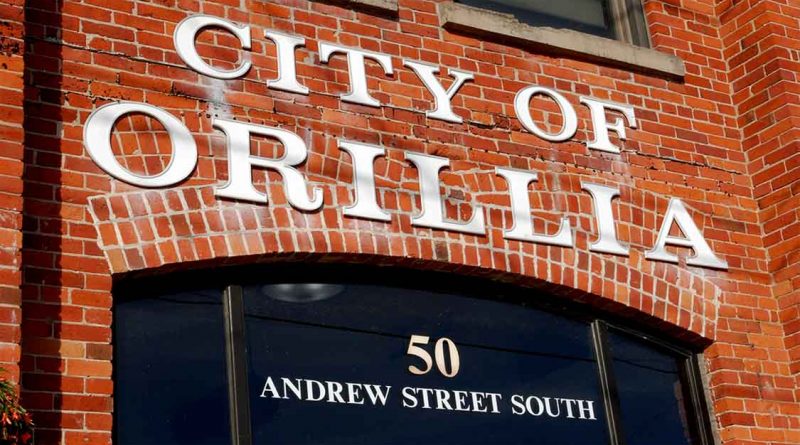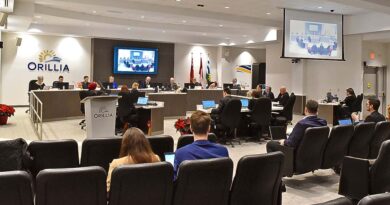Council Preview
By John Swartz
Council starts 2020 with a new meeting schedule. Both regular and committee meetings now begin at 6 p.m. Monday’s meeting is preceded by a closed session at 5:30 p.m. to discuss an opportunity to create a road and servicing for industrial land west of Highway 11.
The treasury department has a report in the agenda regarding the annual BMA Municipal Study. This is an exercise implemented by Mike Harris with the notion municipalities would have data to compare the cost of their expenses to those of other municipalities – creating incentive for higher cost municipalities to reduce costs.
So for example, people in Thunder Bay would have information to compare their snow removal cost to say, Windsor. It is an accounting exercise that ignores different situations existing in different locations. One really doesn’t need a study to know snow removal costs per-capita in Windsor will be lower than Thunder Bay.
However, the general public uses reports like this BMA study to question local spending, despite relevant data being absent. Some parts of the study data are useful, things like comparing taxes, demographics, incomes, and the make up of the tax assessment base where raw numbers can tell a story.
Various tables and charts are part of the report and typically those compare relatively similar municipalities (usually size), so in measuring and comparing property taxes Orillia for example is not compared to Ottawa, just as it isn’t compared to Point Edward – a village of 2,000, which like Atherley, is located next to a city.
Local politicians have been using the BMA study for several years to counter arguments taxes in Orillia are too high because the data shows Orillia’s taxes are for the most part in the middle of the pack.
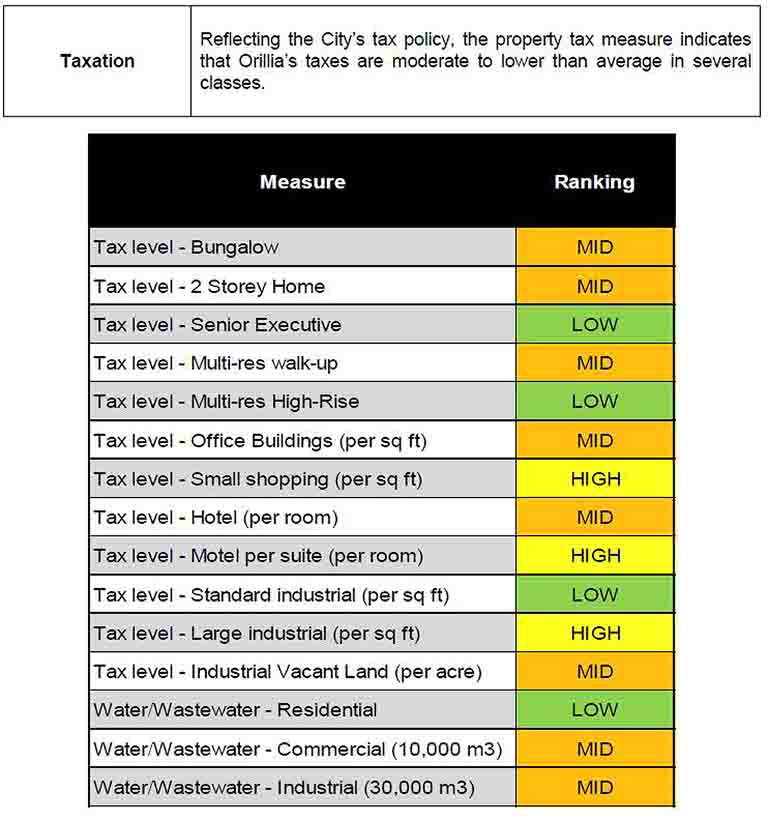
Another area of discontent with taxpayers is the amount of debt the City has. While compared to other nearby municipalities who have little debt, Orillia looks very high. But, when compared across the board the picture is much different. From the report:
“The City of Orillia’s total debt outstanding for 2019 per capita is $244 (2018 $307), which is significantly less than the survey average of $758. The City ranked 30th out of 106 municipalities surveyed within the 2019 BMA study.”
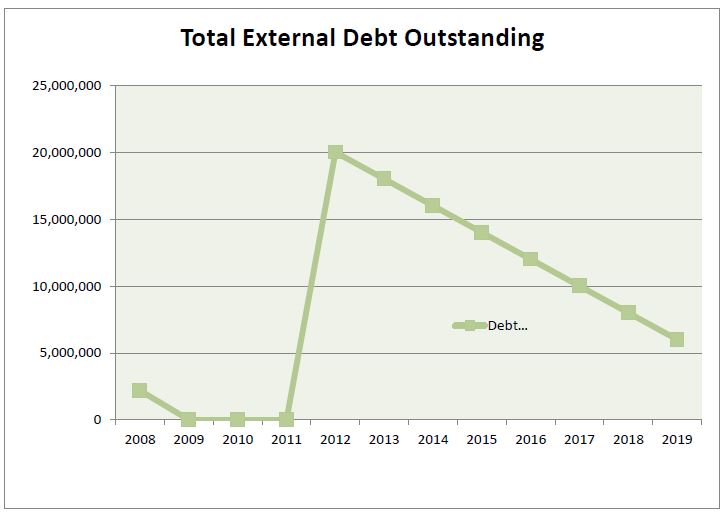
That debt is directly related to building the Orillia Public Library. While the City had enough cash in hand, a decision was made, due to virtually non-existent interest rates for borrowing at the time, to instead borrow and use the cash for other things.
The study indicates Orillia’s strategy of also using reserve funds instead of borrowing externally to pay for projects like road reconstruction is paying off in some respects. For example, interest costs against tax levy is lower. This chart shows how we are doing compared to our neighbours.
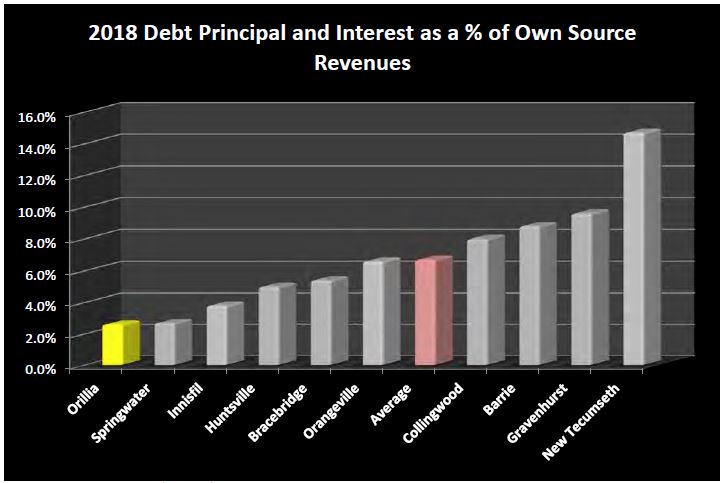
Essentially what happened is municipalities are required to have certain reserves. Previous Orillia councils opted to use those funds (essentially cash in hand, but restricted for use) for capital projects (not to fund ongoing expenses). Since the reserves are required a negative balance has to be shown – if all the money in an account is used (obviously using only half an amount would still show a positive balance ). In aggregate of all reserve accounts total reserves are positive, it’s just some individual accounts are negative.
It’s like saying “let’s borrow the money we’ve been saving for the pool and use it to fix the roof – but we’ll put the money back in the pool fund with money we know is forthcoming.” In a sense a particular reserve account still exists with a note saying X dollars are owed back into it.
The complete BMA study is here.
From The “Can We Do This Please?” File
Councillors have had some time with the Holiday break to organize pet issues and citizen concerns into calls for action. There are 5 enquiry motions on the agenda, each asking for consensus from colleagues to have staff proceed on some issue, usually producing a report which may answer a question, or provide fodder to initiate formal action.
Mayor Steve Clarke wants a report from staff to provide information about the feasibility of banning single use plastic bags. Orillia did have by-law in 2010 requiring businesses to charge 5 cents for plastic bags, but it was removed after 2 years.
Councillor Ralph Cipolla wants a report from staff about the costs of removing overgrown brush, dead wood and dense undergrowth in Scout Valley. He wants staf to work with the Couchiching Conservancy on the matter.
Councilor Tim Lauer has 3 motions ready to go. At previous meetings and at budget, Lauer asked questions about utilizing new technology for low impact development strategies for new road construction. His questions usually came up when staff were presenting final plans for reconstruction projects, and they indicated they could look at implementing new methods in the future.
Lauer wants council to give direction the engineering staff be required to investigate and use new methods where they will work. The only project presented so far that includes using some new technologies is the plan to reconstruct Mississaga Street, but that project is 5 or more years away. Andrew Street is being repaved in this budget year and at budget Lauer asked many questions about why new methods weren’t being used, and wanted to know if it was not too late to look at the surface material being changed. Staff said there wasn’t enough time to make changes (in November) and have the tender ready for January.
Lauer also has an enquiry about another of his interests. He would like staff to examine the storm water rate structure and provide options to make the rates more equitable. What that means for the existing storm water charge on water bills is not necessarily to rebalance the rates across property owners and classes (though it may be part of it), but to examine the charge in terms of is the current charge enough.
![]()
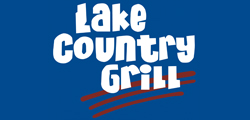


![]()
Lauer has been advocating for a couple years the City should be charging more now. There is no provincial regulation or direction municipalities start treating storm water before it flows back to water bodies, but there is indication there will be at some point soon. Lauer’s argument has been it will be expensive and it’s better to start collecting some money now in anticipation of being forced to treat storm water than it will be to come up with larger amounts of money when the province acts.
Lauer urged council to add a storm water charge to water bills only two years ago, however council did not adopt a higher charge as Lauer asked for. His argument was for putting away money now for a large expense they know will be coming.
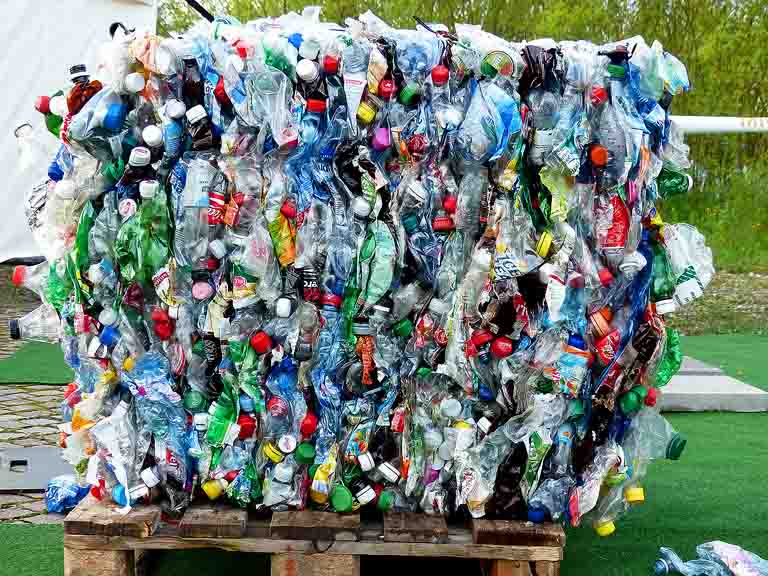
Lauer’s last enquiry is to have council direct staff to investigate the City developing it’s own solution to plastic recycling. The City found out during budget a new contract for waste and recycling pick up will increase by $1 million in June this year.
All municipalities are facing increased cost of that magnitude because virtually all used plastic collected in Canada was being shipped to China for processing and about a year ago China stopped taking used plastic from North America. This has caused huge stockpiles of collected plastic and no alternative to process. Instead of developing a plastic recycling process, or capacity to deal with our own in Canada, we relied on China. Another component of the increased costs is waste companies across the board have a shortage of truck drivers and the likely solution to that will be increased wages.
UPDATED: BMA study link included above.

